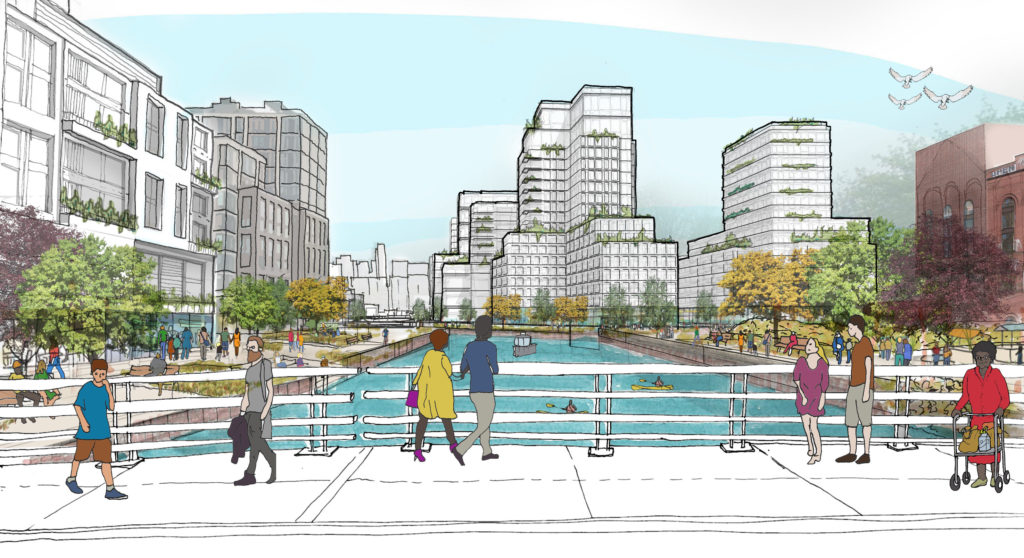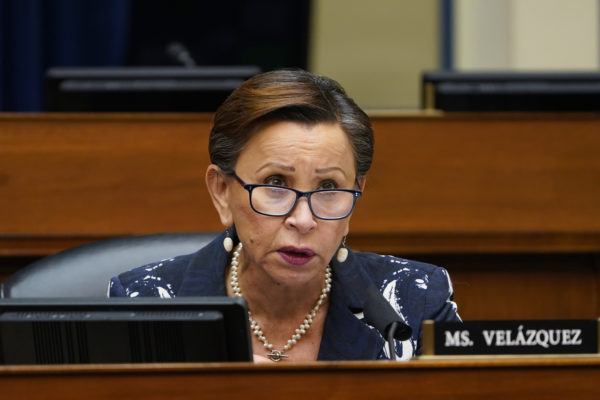Rep. Velázquez’ Statement on Gowanus Neighborhood Rezoning City Council Hearing


AP photo by Susan Walsh
This statement was made at a City Council hearing on Oct. 14.
As I have said in the past, New York City’s infrastructure is not where it needs to be to withstand climate change. Tragically, we saw this again with Ida. In Congress, I’m fighting to pass the Build Back Better Act which will dedicate the resources needed to lead the charge on climate resilient infrastructure. Today, we are here to discuss the future of Gowanus, a neighborhood we all love and I’m proud to represent in Congress.
I support the goals of creating an integrated neighborhood with affordable housing, but it is vitally important that it is truly affordable, safe and that we do it right. I have concerns over the Gowanus Neighborhood Rezoning. The Environmental Impact Statement (EIS), as prepared by the city, was fraught with inconsistencies and contradictions, and most importantly, it does not properly take into consideration the impacts of climate change on the Gowanus community and on the ongoing cleanup of the Gowanus Canal, which is an EPA Superfund site.

Brooklyn Boro
View MoreNew York City’s most populous borough, Brooklyn, is home to nearly 2.6 million residents. If Brooklyn were an independent city it would be the fourth largest city in the United States. While Brooklyn has become the epitome of ‘cool and hip’ in recent years, for those that were born here, raised families here and improved communities over the years, Brooklyn has never been ‘uncool’.